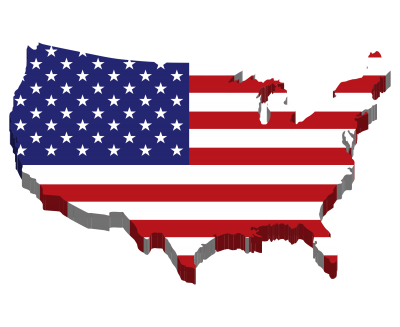- ワンポイントレッスン
- 英会話
What a Shame! It’s a Shame! Understanding These Everyday Phrases 「残念だ!」のフレーズ2025.02.03
Did you ever use the expressions, “What a shame!” or “It’s a shame!”? These common English expressions are used all the time, but their meanings might not always be clear—especially if English isn’t your first language. Let’s take a fun look at these phrases, how they’re used, and why they’re so handy in everyday conversations!
What Do These Phrases Mean?
Both “What a shame!” and “It’s a shame” express disappointment, regret, or feeling sorry. They don’t always mean something extreme; instead, they’re often used for mild to moderate disappointments.
Examples in Everyday Life
You just missed the bus. “Oh no, what a shame! Now we have to wait for the next one.”
Your favorite café is closed for renovations. “It’s a shame they’re closed. I was really craving their coffee.”
A friend couldn’t come to a party. “What a shame! We really want to see you there.”
See? They’re simple, friendly ways to express that something is unfortunate.
Is It Always About Sadness?
Not necessarily! Sometimes, “What a shame!” can be used to be sarcastic or just a playful expression
Your sibling ate the last cookie. “What a shame! I guess I’ll just have to eat cake instead.”
Your friend loses a video game match. “It’s a shame you lost, but we can try again!”
It’s all about tone and context. Said with a smile, these phrases can add a little humor to an otherwise unlucky moment.
Why Do We Use Them?
Phrases like these help us connect with others by showing empathy. Whether someone is experiencing a minor inconvenience or a bigger disappointment, saying “What a shame” lets them know you understand and share in their feelings.
Final Thoughts
Next time something doesn’t go quite as planned, try using “What a shame” or “It’s a shame.” Whether you’re truly sympathizing or playfully teasing, these phrases are a great way to express yourself naturally in English.
Have you ever interestingly used these phrases? Share your story in the comments below! 😊







